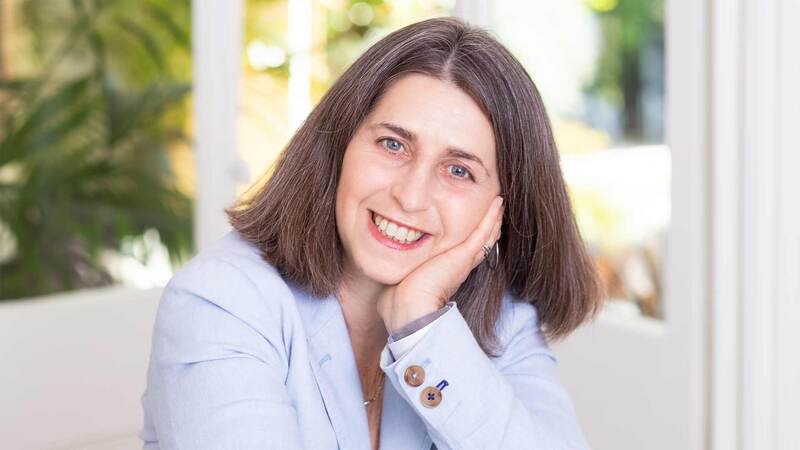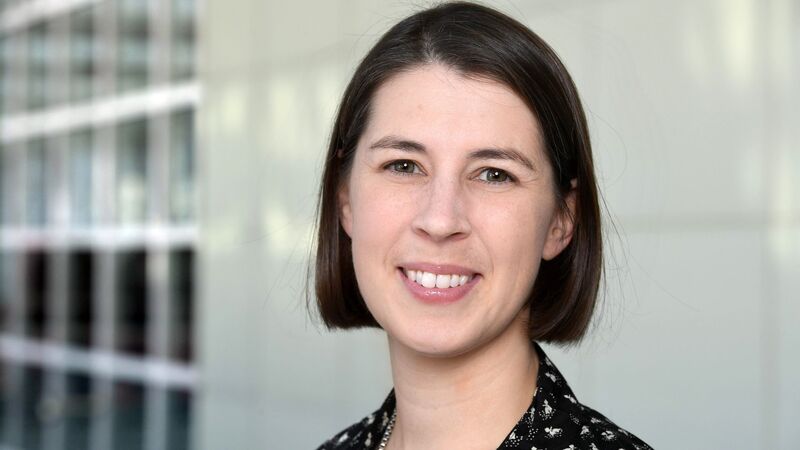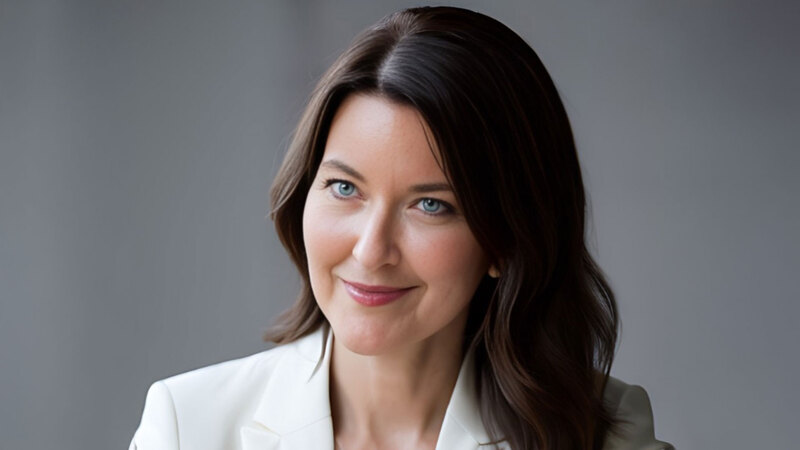You are viewing your 1 free article this month. Login to read more articles.
Publishing industry 'needs to collaborate' to improve sustainability
The publishing industry needs to collaborate in order to improve its sustainability because the size of the challenge is “so enormous”, FutureBook audiences were told on Friday (19th November).
Speaking on the panel "Hot Spots: Where Can Publishing Make the Biggest Difference" on 19th November, Penguin Random House’s social impact director Siena Parker (pictured) said sustainability should not be a “competitive issue” for the publishing industry. She also stressed the importance of looking at “every aspect” of your carbon footprint.
“It’s really easy to get distracted by the things in our face in our offices like coffee cup recycling,” she said. “It is still super important but actually for us [at PRH] 98% of our carbon footprint is in the supply chain, our paper mills, printers and distribution. So much of that impact is hidden.”
She acknowledged that focusing on this is “harder” because they “can’t necessarily control what the paper mill or the printer is doing”.
Molly Hawes, senior climate action and engagement manager at Springer Nature, agreed, arguing publishers needed to make sustainability “the norm and business as usual” in order to really change the world. “We all stand to benefit,” she said. She also argued that big publishers such as Springer and PRH benefit from big collaborative projects because they provide “the vision and energy to move forward”.
Amanda Ridout, founder of Boldwood Books and IPG chair, said setting targets is “key” to “keeping up the pressure” on partners. She outlined ways in which the IPG has already made improvements in packaging, but warned there would be difficult and controversial decisions ahead, around localising printing and looking at the end of life part of a book. “If we are going to change our ways of behaving, we may have to put prices up,” she said.
Daniel Witte, partner manager at Carnstone, went further, touching on the thorny issue of offsetting and argued that while it is important to “set the ambition and direction of travel” publishers need to implement the changes. “This can’t be an accounting trick. We need actual reductions. We don’t have the technology at the moment to just neutralise our emissions,” he said.



















